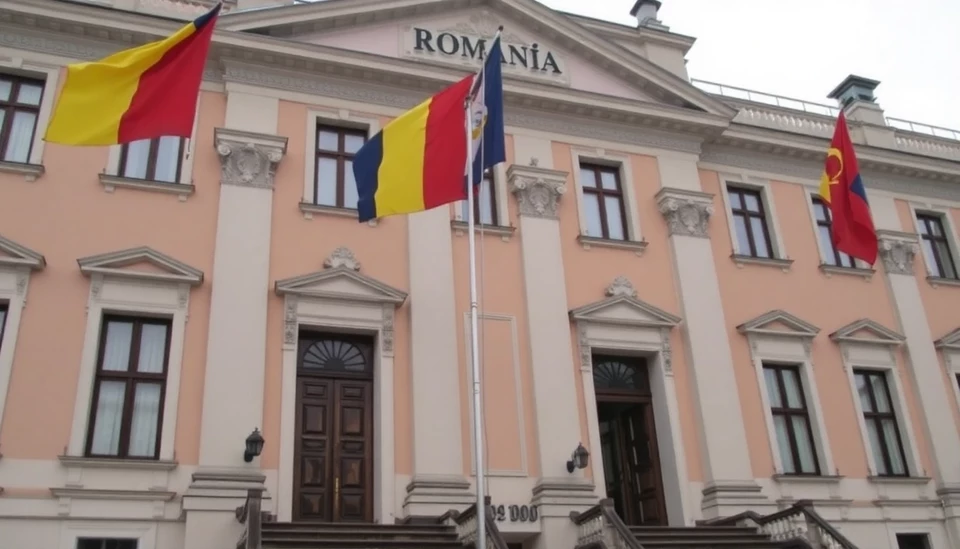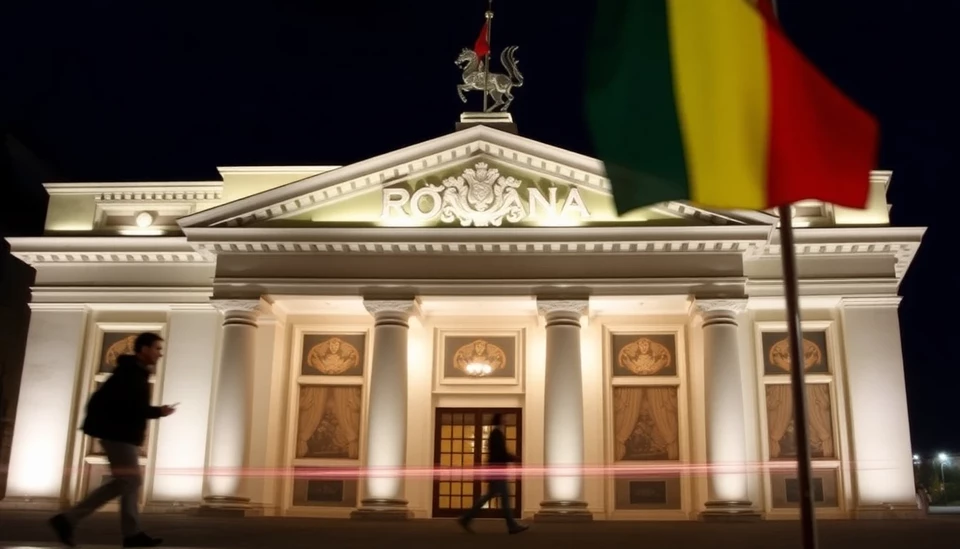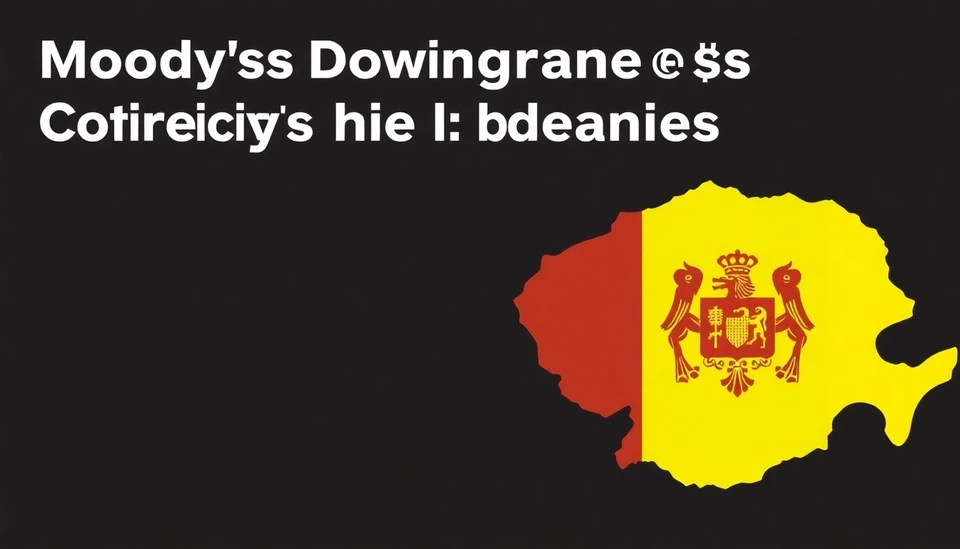
In a significant move reflecting the current economic climate, Romania's central bank has decided to hold its interest rates steady as it grapples with ongoing political turmoil and the resulting inflation risks. The National Bank of Romania (NBR) announced that it will maintain its benchmark interest rate at 7.00%, a decision that comes as the nation braces itself for potential fiscal challenges fueled by political uncertainty. This action underscores the delicate balance the central bank must strike between fostering economic stability and managing inflationary pressures.
The political landscape in Romania has been turbulent, with recent developments showcasing a divided government struggling to implement coherent economic policies. Observers note that the ongoing crisis, particularly the standoff within the ruling coalition, is contributing to an unstable environment that complicates economic forecasting. As a result, the central bank is particularly wary of the potential ramifications this instability could have on consumer prices and overall economic growth.
In its recent assessments, the NBR cited significant inflation risks as one of the primary reasons for maintaining the current interest rates. Following a period of elevated inflation, which has been exacerbated by supply chain disruptions and surging energy prices, Romania's inflation rate remains a pressing concern for economists and policymakers alike. The central bank's decision is therefore seen as a precautionary measure aimed at curbing inflation without stifling the fragile recovery of the economy.
The decision to hold rates also reflects a broader trend among European central banks as they navigate the complexities of post-pandemic recovery and the geopolitical tensions in the region. Analysts observe that the NBR is keeping a close eye on international market trends and regional developments that could further impact Romania's economic outlook.
Market reactions post-announcement have shown a cautious optimism, with investors closely monitoring both the economic indicators and the political situation in Romania. While some experts believe the bank could be forced into a rate hike if inflation persists, others suggest that maintaining rates could provide necessary stability in these uncertain times.
As Romania continues to grapple with these challenges, the implications of the central bank's decision will be crucial to watch in the coming months. How effectively the government can navigate its political hurdles will likely play a significant role in shaping the nation’s economic trajectory moving forward.
In conclusion, Romania's central bank's decision to hold interest rates reflects a broader concern over inflation amidst political instability. Stakeholders will be keenly observing future developments as they could have far-reaching effects on the national economy.
#Romania #InterestRates #PoliticalCrisis #EconomicStability #InflationRisks #CentralBank
Author: Daniel Foster




